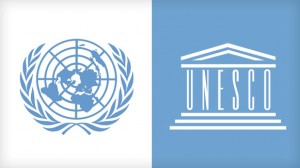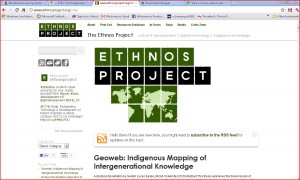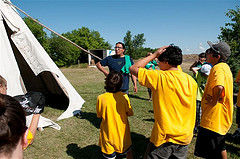As was stated in the introduction to this course, there is no way to adequately answer all the questions of whether, what and how electronic technology should be incorporated into childhood education in FN communities. What I want to look at, is how this is happening now, and in the adult education context.
I want to look at the FN presence in cyberspace as it exists today, and how and why that contributes to both the continued education of FN adults and also adults and children in the dominant culture. Is this presence a positive or negative thing? Why do FN persons with a presence on the internet and in virtual worlds feel this is a) necessary and b) a safe thing to do?
Below are some links to some spaces set up to create aboriginal and indigenous places online.
Aboriginal Territories in Cyberspace http://www.abtec.org/blog/?p=109 and http://magazine.concordia.ca/2009/spring/features/second_life.shtml
One of their projects on creating games with FN youth http://www.rit.edu/gccis/gameeducationjournal/skins-designing-games-first-nations-youth and http://www.abtec.org/blog/?p=219
A report of an award granted to a project which created a FN interactive story in the virtual world of SecondLife http://www.canadianexpatnetwork.com/public/891.cfm
My research paper/project will look at aboriginal spaces online, and I will hopefully be able to discuss interactions I have with their creators as well as look at the research that has been done on the subject, as well as how this connects to the concept of educaton.
Although I will not be soley focusing on SecondLife I will post the SLURLs (the links to places in SecondLife) that are relevant to what I am looking at; but those will only be available to people who are already residents in that world, so I am hoping to film some of the places and people I will visit (with permission of course). This is the environment with which I am most familiar, so I am hoping to find other virtual spaces to connect with and broaden both my horizons and the scope of my project.



